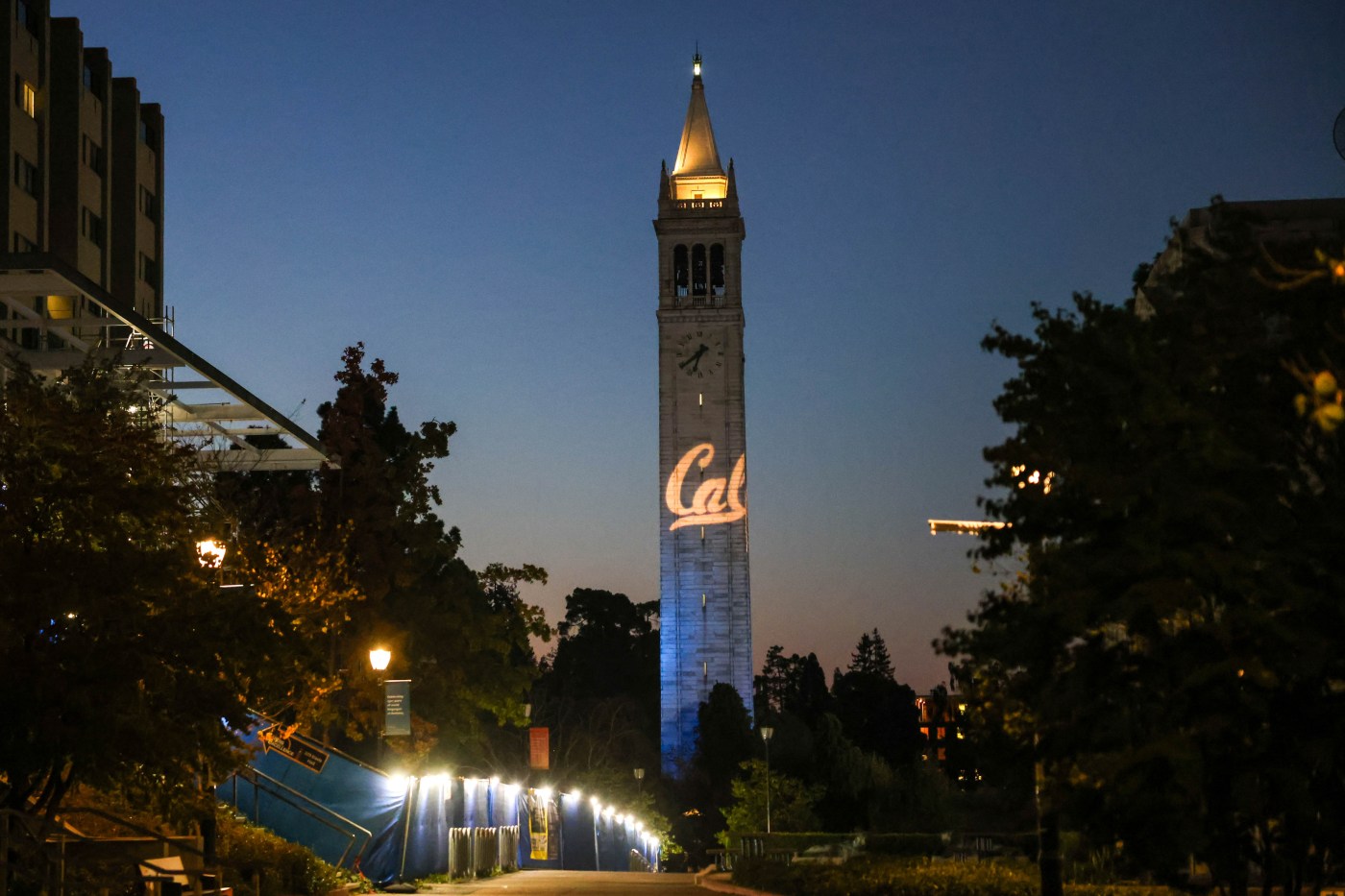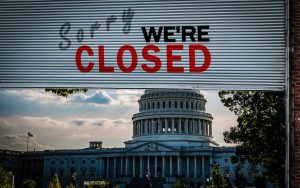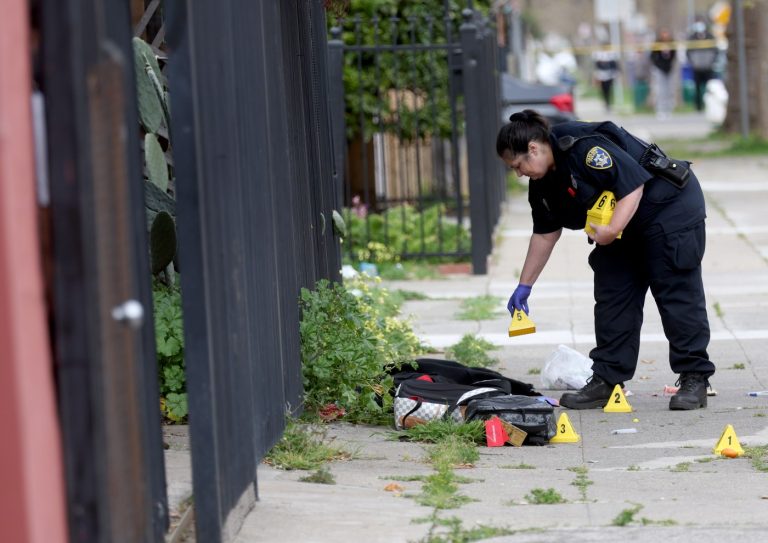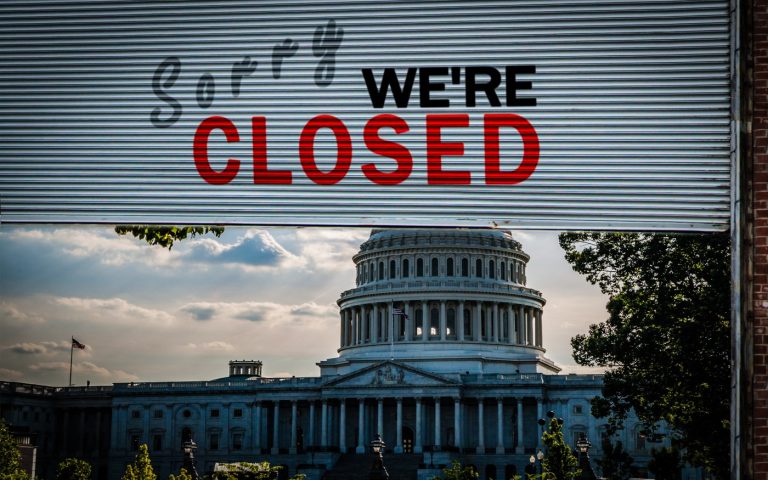A federal judge on Monday temporarily blocked a new Trump administration funding policy at the National Institutes of Health after California and 21 other states sued, arguing the ensuing cuts would jeopardize billions of dollars needed for medical research at the University of California and other institutions.
“As the world’s leading public research institution, we depend on NIH funds to perform our vital mission. A cut this size is nothing short of catastrophic for countless Americans who depend on UC’s scientific advances to save lives and improve health care,” UC President Michael V. Drake said in a statement Monday.
Research at UC has contributed to the first flu vaccine, the first radiation treatment for cancer and critical discoveries in treating heart disease.
The lawsuit filed Monday challenges the administration’s announcement last week that it would cut “indirect cost” reimbursements beginning Monday at research institutions across the country, including at the University of California and California State University. California Attorney General Rob Bonta joined attorneys general from 21 other states in seeking a restraining order to stop the change.
The reduction in such reimbursements, set to drop to to 15%, would provide far less than universities typically receive NIH for overhead costs such as instruction, staffing, and building and equipment maintenance. NIH said the average indirect cost rate was about 28% for research facilities, although many organizations’ rates were much higher – up to 60%. The indirect cost rates for UC campuses was previously between 54% to 60%, according to the university system, while Stanford’s rate was 54% and San Jose State’s rate was about 46%.
“This is not only an attack on science, but on America’s health writ large. We must stand up against this harmful, misguided action,” Drake said.
NIH is the largest funder of University of California research, which received more than $2.6 billion during the last academic year, accounting for more than half of its total research awards. The university system announced Monday that it supports Bonta’s lawsuit to stop the funding change, which will “gut UC funding by hundreds of millions of dollars annually.”
In total, NIH spent more than $35 billion in the 2023 fiscal year on nearly 50,000 grants to more than 300,000 researchers at more than 2,500 U.S. universities, medical schools and other research institutions, the agency said – $9 billion of which went to reimbursements for indirect costs.
The California State University said in a statement that the NIH’s reimbursement reduction would leave CSU’s 23 campuses with “millions in unfunded expenses.” CSU received about $158 million in NIH funds in the last audited year, according to Bonta’s office.
“This decision threatens not only groundbreaking research but also the future of student innovation and scientific progress,” said CSU spokesperson Jason Maymon.
The lawsuit asks the court to declare the funding change illegal. A federal judge in the U.S. District Court in Massachusetts granted the states’ request for a temporary restraining order.
The move comes as the Trump administration, which has promised to slash the size of the federal government, faces more than 40 lawsuits over controversial executive orders — with California often leading the charge. Gov. Gavin Newsom just last week approved $25 million to fund anticipated legal challenges against the Trump administration.
California’s Department of Justice has already sued over President Donald Trump’s efforts to end birthright citizenship and freeze trillions in federal funding. Bonta also filed a lawsuit last week to block tech billionaire Elon Musk’s Department of Government Efficiency from accessing sensitive Treasury Department payment systems containing Americans’ personal information.
Related Articles
Beleaguered Cal State University’s $17 million artificial intelligence initiative defended, attacked
Trump delivered on his promise to order a ban on transgender female athletes. What’s next?
Elon Musk team’s access to student loan systems raises alarms over personal information for millions
Trump’s Education Department to investigate SJSU over transgender volleyball player
SJSU responds to Trump’s order banning transgender women from women’s sports
Researchers, university leaders and elected officials across the country denounced the slash to research funding Monday, warning that the change would have a disastrous impact on life-saving research, treatments and medical advancements.
But some supported the effort, arguing it would save taxpayers money.
“Why should the American taxpayers pay more in ‘indirect costs’ for research grants than private companies, nonprofits and universities?” Maryland Congressman Andy Harris posted on X. “Funding excessive ‘indirect costs’ is not the same as funding the research itself.”












